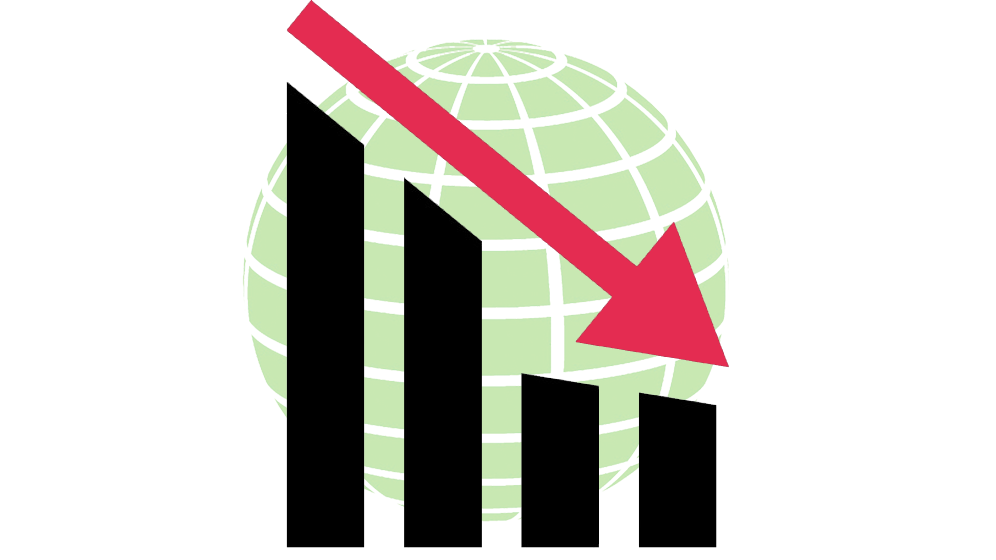The Euribor closes may at a new low of the -0,127% and reduced mortgages in 73 euros per year
The Euribor, index to which the majority of Spanish mortgages are referenced, It has closed the month of may in the -0,127%, in such a way that it delves into their historic lows, which will allow cheaper mortgages to touch in a review 72,84 euros per year.
The Euribor was the last day of the month in the -0,131%, resulting in a monthly average of the -0,127%. The index has followed a downward path in the month of may, which began to be located in the -0,121% and that has been deepening in the 22 days where there Bank.
With these values, mortgages of 120.000 euros to 20 years with a Euribor differential +1% touch to review they will have a discount of some 72,84 euros on their annual fee o, What is the same, 6,07 euros per month.
The Euribor ventured in February of last year in negative terrain for the first time in history before the ultraexpansiva policy of the European Central Bank (ECB) to shore up the recovery in the euro area.
The index remains sunk below the 0% -current level of the interest rates in Europe- about to turn fifteen consecutive months, While it is true that the falls are slowing down.
.
It will continue in negative while the ECB keep stimuli
In the opinion of the analyst of XTB Gustavo Martínez, This interest is "increasingly negative" and will remain so "while they continue the monetary stimulus".
"We think that", If there is an excess of monetary mass in banks without having a demand real bank credit, It is normal that These are willing to charge an interest by demanding money that do not need"", He explained to Europa Press.
According to analyst, lend money and pay for it "will continue to be the tonic general if the European Central Bank" (ECB) not it puts an end to these stimuli allowing that you demand for credit and money supply can be adjusted".
"The reality is that", before this monetary balance imbalance, inflation is a fact and, as a result, the ECB should not only withdraw stimulus, but that you will need to cool down the economy with interest rates rises making the supply of credit than in the current situation more attractive and fluent", added the expert.
In the event that this occurs, the situation is normalized "with a consequent increase in the volume of interbank credit and increase of the volume of credit in the real economy", es decir, consumer loans and mortgages and, por tanto, an increase in the Euribor, which will make borrowing, primarily consumer loans and variable rate mortgages, "it fundamentally inexorably"

